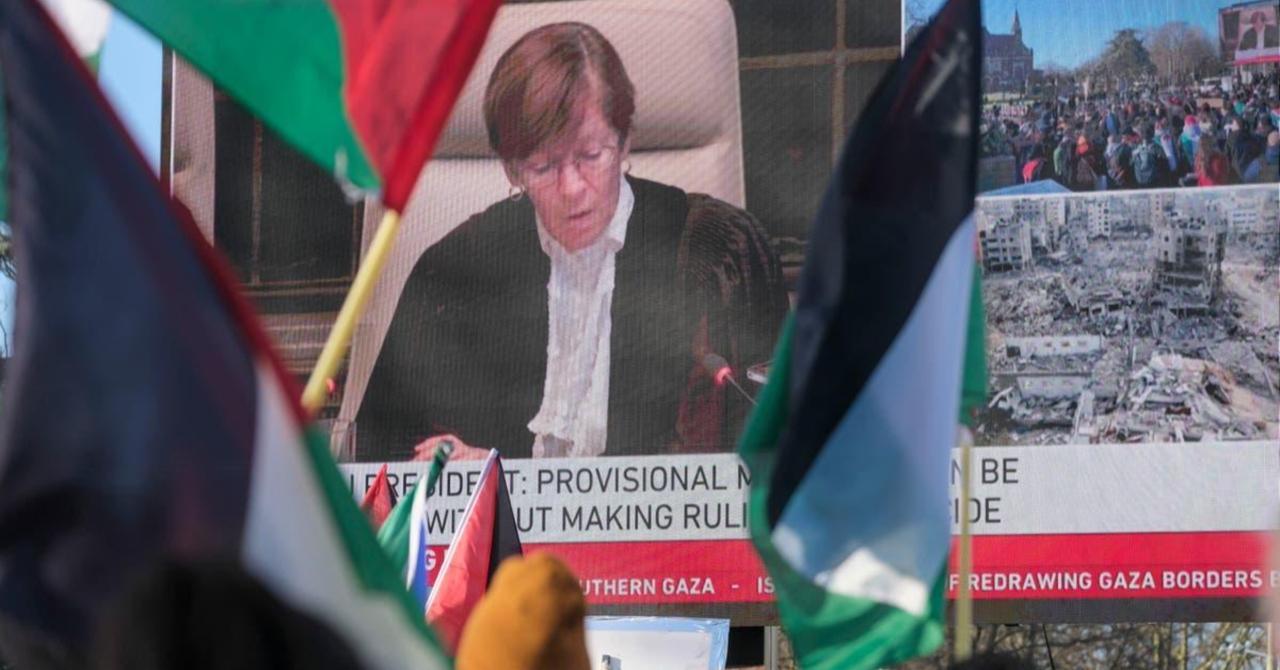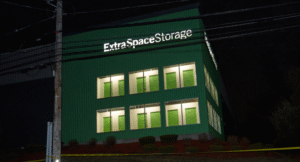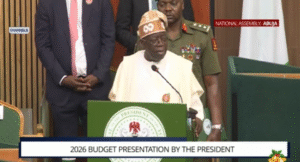
UN judges in The Hague today said it was refusing to rule out the genocide claims against Israel brought by South Africa.
Joan E. Donoghue, president of the International Court of Justice (ICJ), opened the session to read out the decision made by a panel of 17 judges, as the conflict rages on.
In the ruling Judge Donoghue said the court would not throw out the case, despite Israel’s request to do so.
“The court considers that it cannot accede to Israel’s request that the case be removed from the general list,” she said.
As part of the ruling the court ordered Israel to take all measures within its power to prevent acts of genocide in Gaza.
Is said that Israel must ensure its forces do not commit genocide and take measures to improve the humanitarian situation.
Israel must compiled a report for the court within a month on what it’s doing to uphold the order.
Friday’s decision is only an interim one and it could take years for the full case brought by South Africa to be considered.
Israel began its offensive in Gaza after a terror attack by Hamas militants killed an estimated 1,200 people across southern Israel on 7 October.
The air and ground assault on Gaza, accompanied by a blockade on supplies entering the Strip, started in northern Gaza City before spreading to the south, and is now focussed on the city of Khan Younis.
More than 26,000 Palestinians have been killed in Gaza since Israel launched its operation, according to the Gaza health ministry, which does not distinguish between civilian and militant casualties.
Israel strongly denies targeting civilians, but many of the victims of the more than three-month-long war have been women and children. Israel’s prime minister Benjamin Netanyahu has vowed to fight on until his country achieves a “complete victory” with the eradication of Hamas.
South Africa’s team of lawyers asked the panel of 17 judges to give an interim order compelling Israel to “immediately cease its military operations in Gaza, take reasonable measures to prevent the genocide of Palestinians, ensure that the displaced return to their homes and have access to humanitarian assistance, including adequate food, water, fuel, medical and hygiene supplies, shelter and clothing”.
South Africa had called on the court to issue a provisional order against Israel “as a matter of extreme urgency” given it could take years for judges to issue a full ruling on the genocide case.
Provisional orders by the International Court of Justice are legally binding, but it lacks any significant powers of enforcement. Experts have said Friday’s ruling will add to the political pressure on Israel rather than having major practical implications.
Israel has faced growing pressure in recent weeks from even its closest International allies, with the US president Joe Biden saying last month that Tel Aviv was losing global support due to its “indiscriminate bombing” of Gaza.






